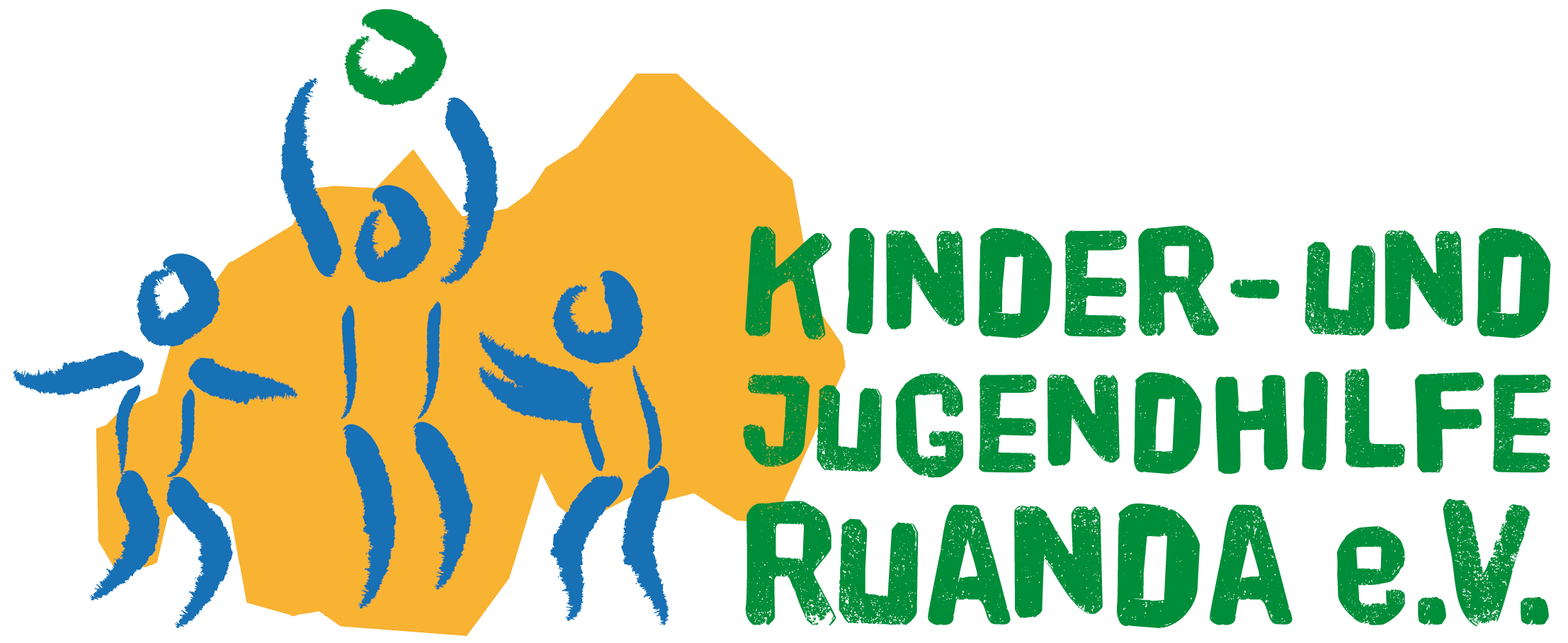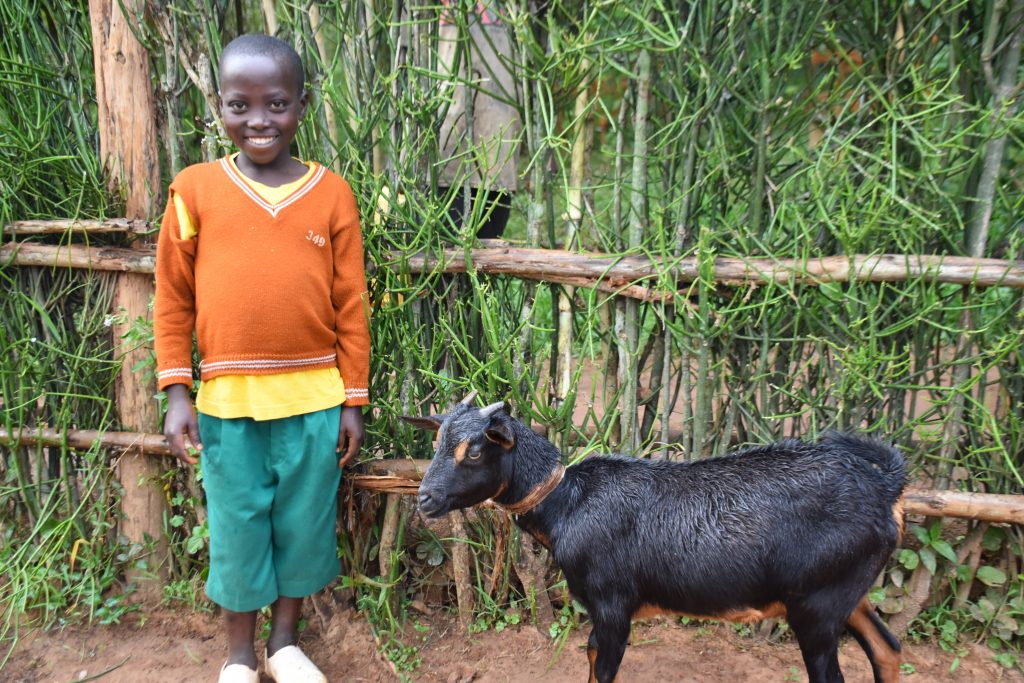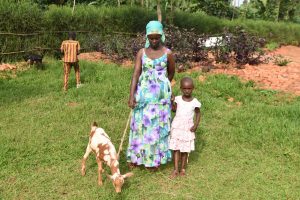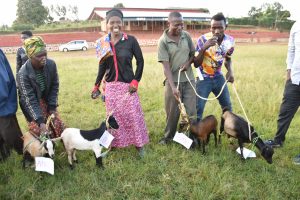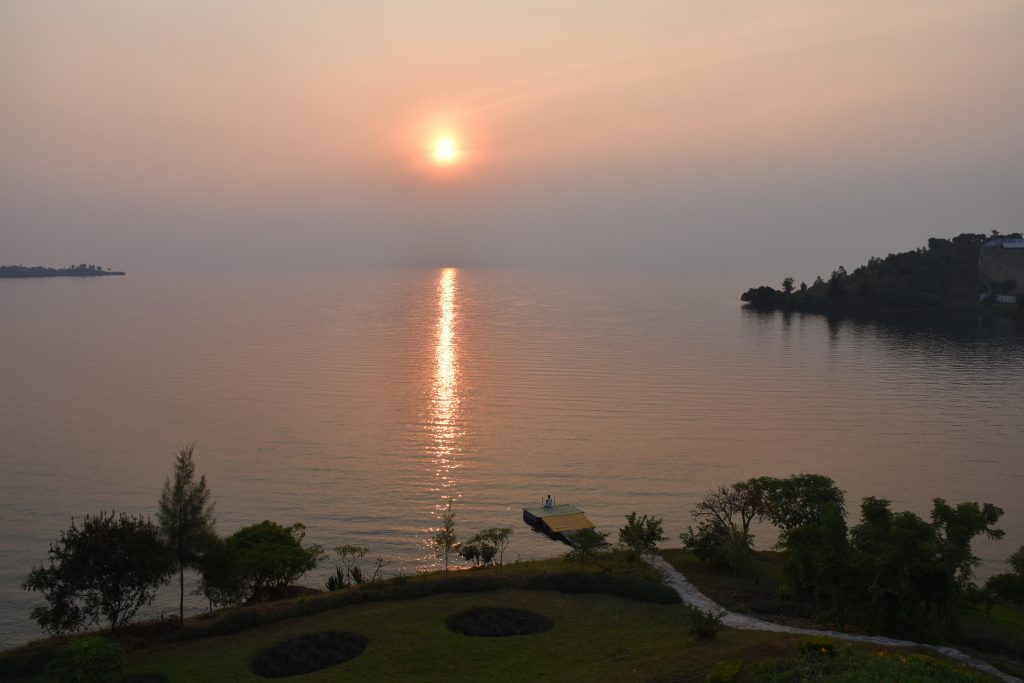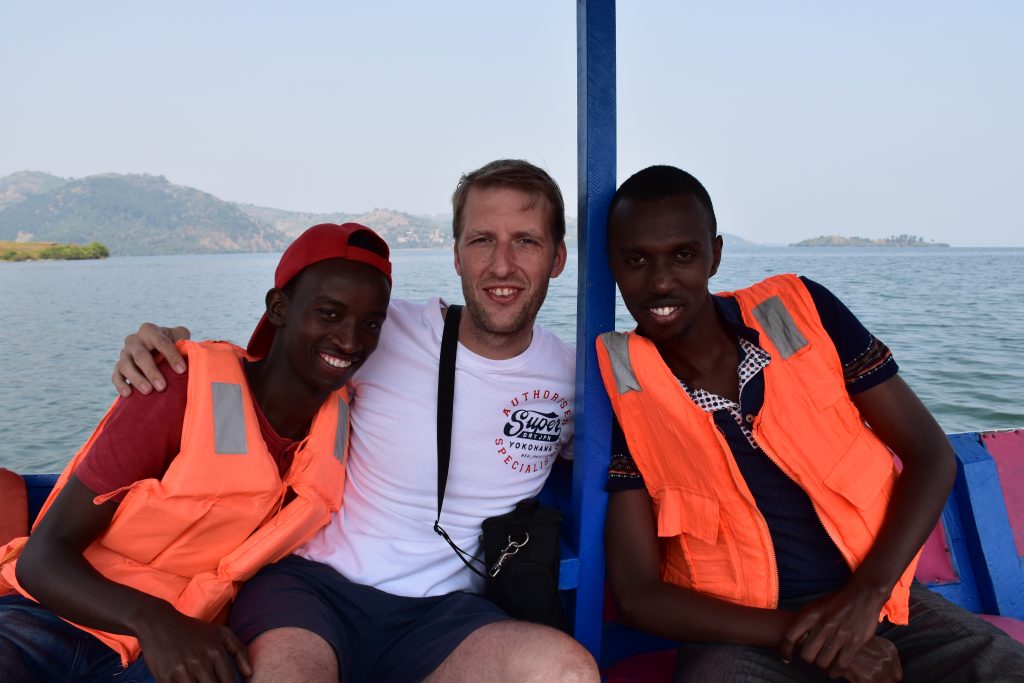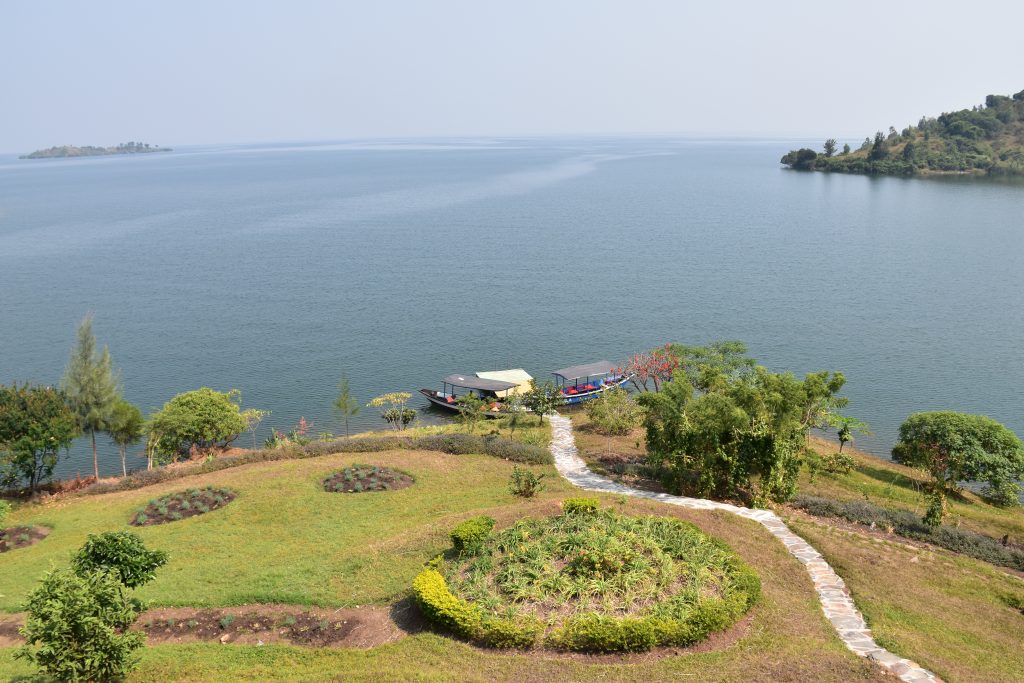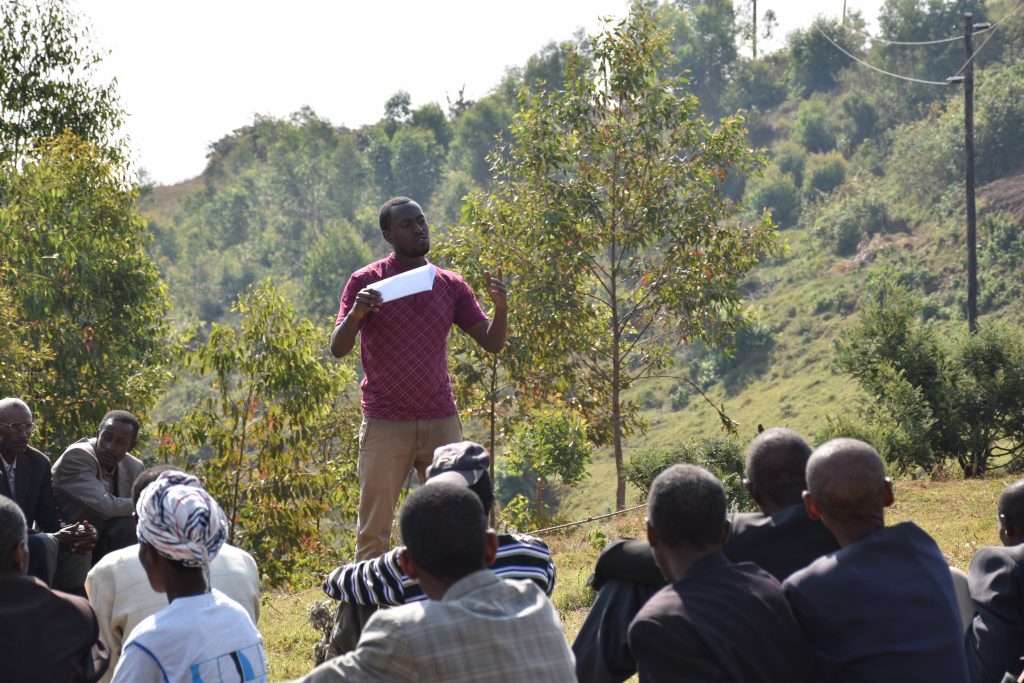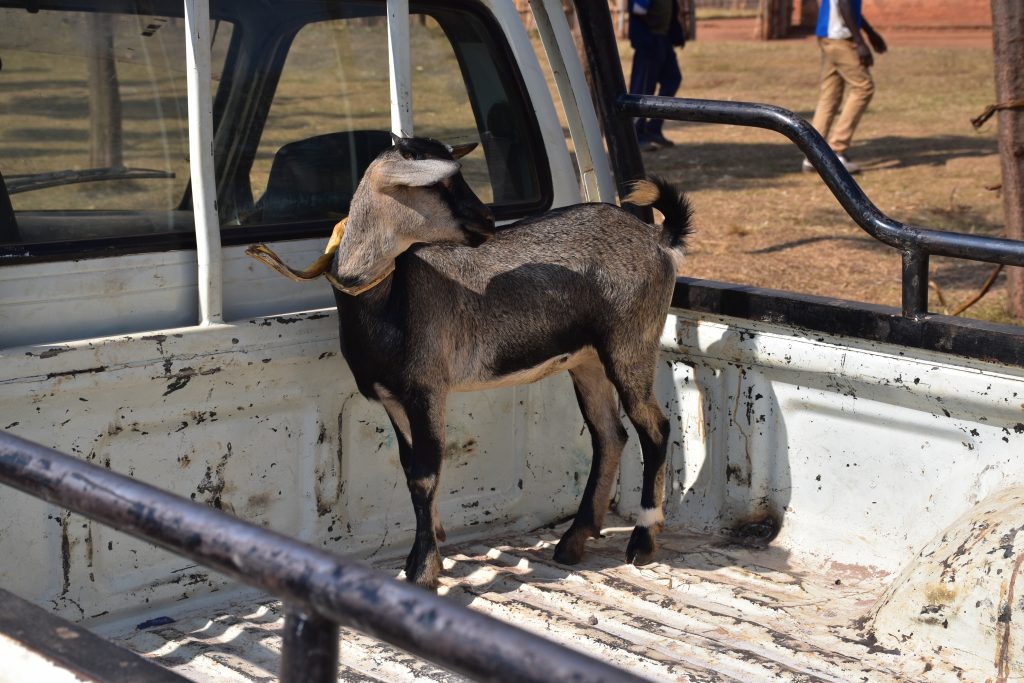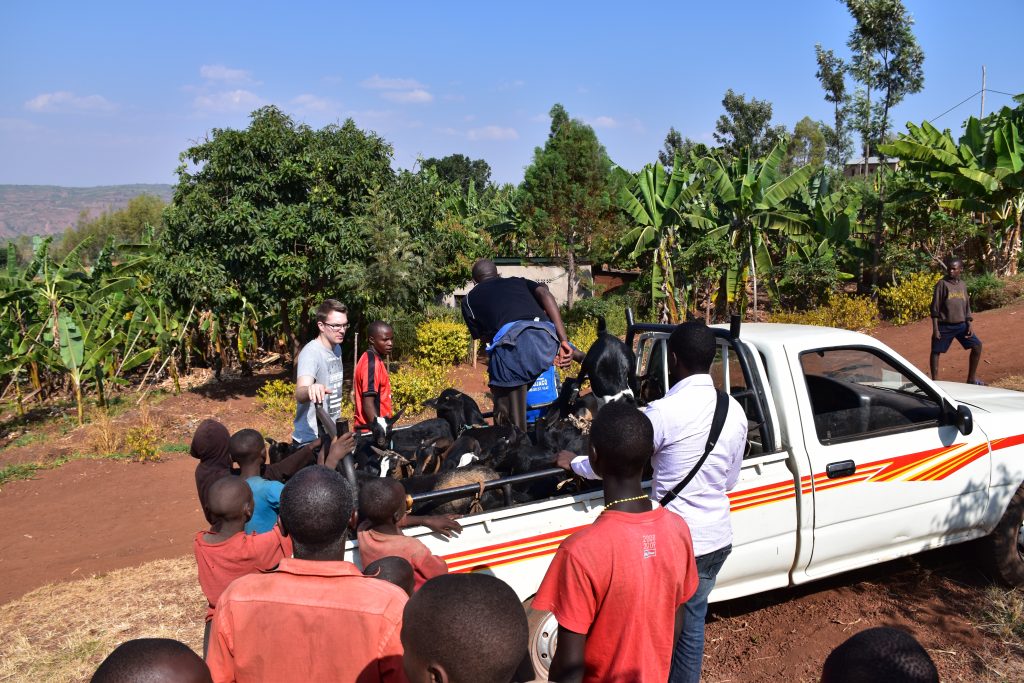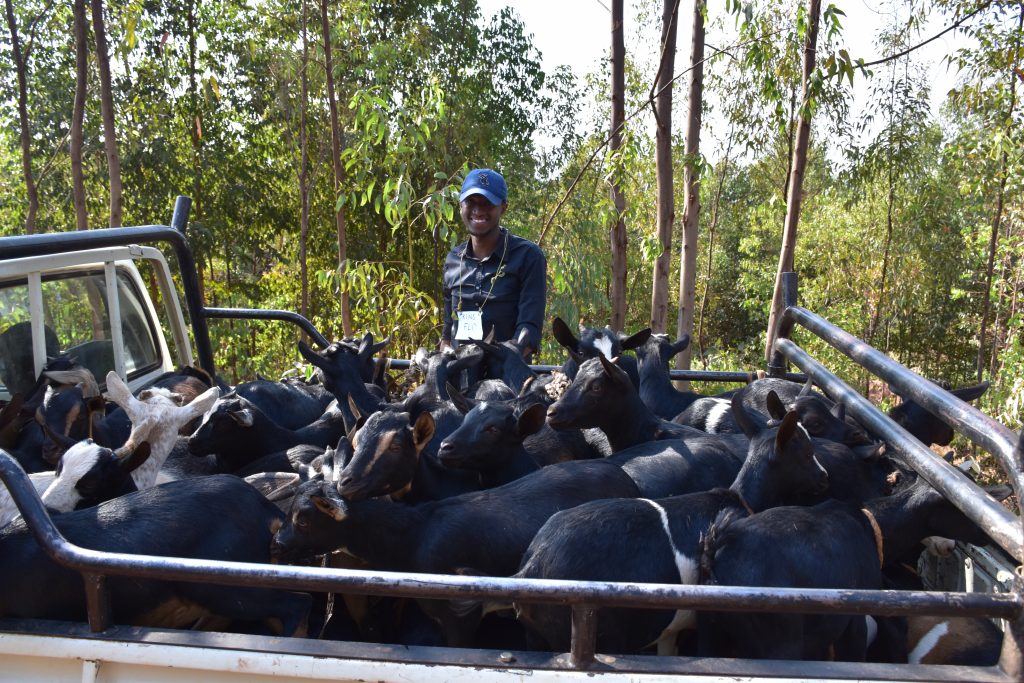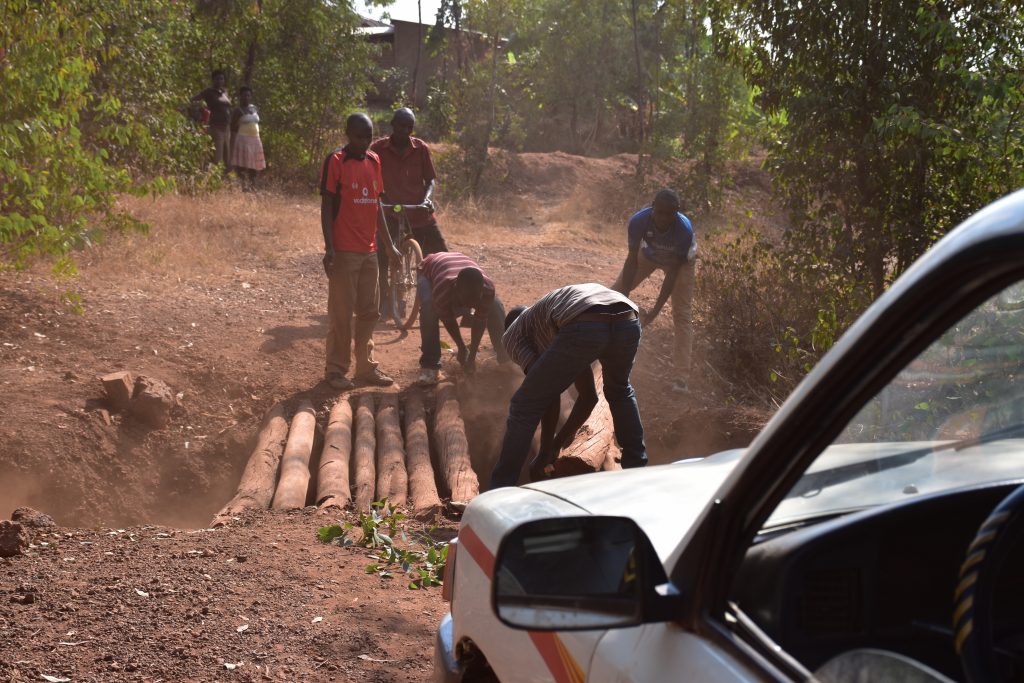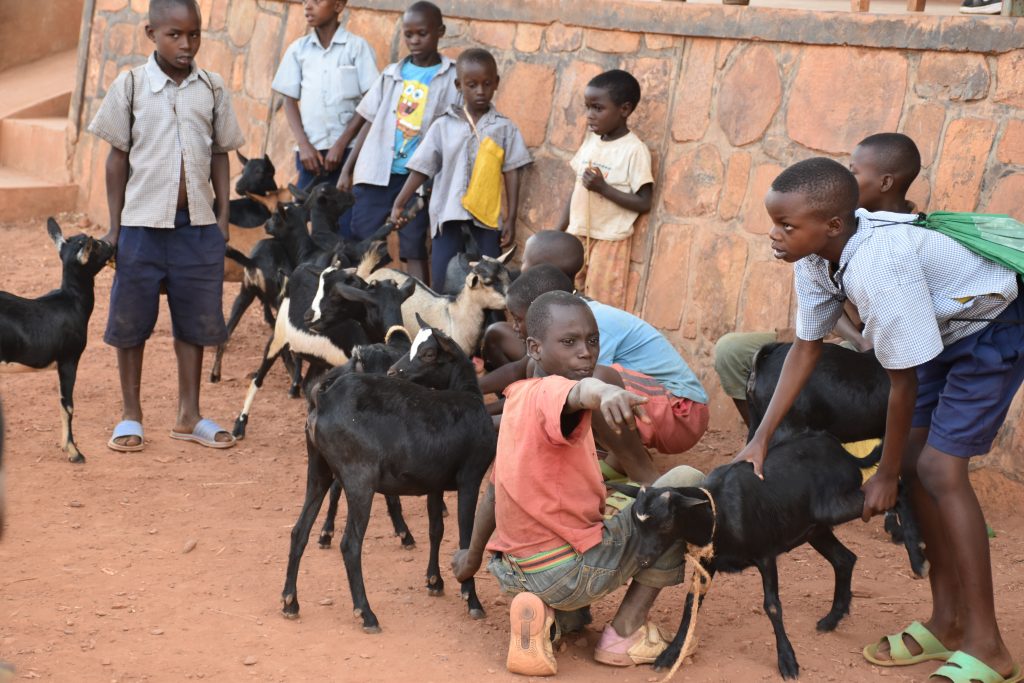Uncategorized
Goats
For many people in Rwanda – especially in the country – a goat is a very special gift! Contrary to what is assumed, a goat in Rwanda is not used to obtain goat milk but is considered a sensible and safe investment. However, the goat must be female and well fed so that it can have baby goats soon. If the goat is a male, it is either eaten or sold on the market. If the goat is female, it is usually only sold in emergencies – e.g., when school fees, health insurance contributions, an expensive doctor’s visit or the repair of a mud house are due. A goat helps all those people who do not have a real income like subsistence farmers.
Donate a goat for a family in need and transfer € 50 to our project account with the purpose “goat”.
Our project partner will take care of the purchase, transport and handover of the goat to a family selected by the village leader. You will then receive the relevant photos and a receipt as proof that the project has been carried out.
In 2016, 120 goats were given to families in need as part of a special campaign. Numerous other goats followed in the years that followed.
Read the report from our board members Kenneth, Sebastian and Sonja, who were on site in summer 2016 when the goat project was implemented:
During the 2016 summer vacation, right at the beginning of our trip, we visited Bisesero, a region that is mainly inhabited by genocide survivors and is one of the poorest regions in Rwanda. There we talked to the village leader to find out how we could help and got a very simple answer: Most people would be happy about goats!
Without further ado, we decided to start an appeal for donations via all social media available to us and within 2 weeks we received enough money for 120 goats! The goats should be handed over in two different villages: On the one hand Bisesero in western Rwanda and on the other hand Rutunga near Kigali.
Goats for Bisesero
With two older sponsored children and our Rwandan project partner Egide, we drove towards Bisesero at the end of the third week of our holidays. We stayed at the beautiful Hotel Rwiza Village on Lake Kivu and took a little boat trip the next morning before we set off. This was a unique experience for our sponsored children, because they had never been on a boat or in a hotel before in their lives. Correspondingly many “selfies” were taken, and it was discussed who was “the blackest” in the photos – we had a lot of fun together!
When we arrived in Bisesero around lunchtime, we first gave school materials and books to the local primary school there that we had bought with the help of several individual donations. Since most teachers get an extremely modest salary (between 50 and 70 € per month), it is hardly possible for them to buy teaching materials such as maps, chalk, etc.
When the pick-up came with the second “load”, the handover could begin: with the help of numerous boys, the goats were caught and given to the chosen families.
